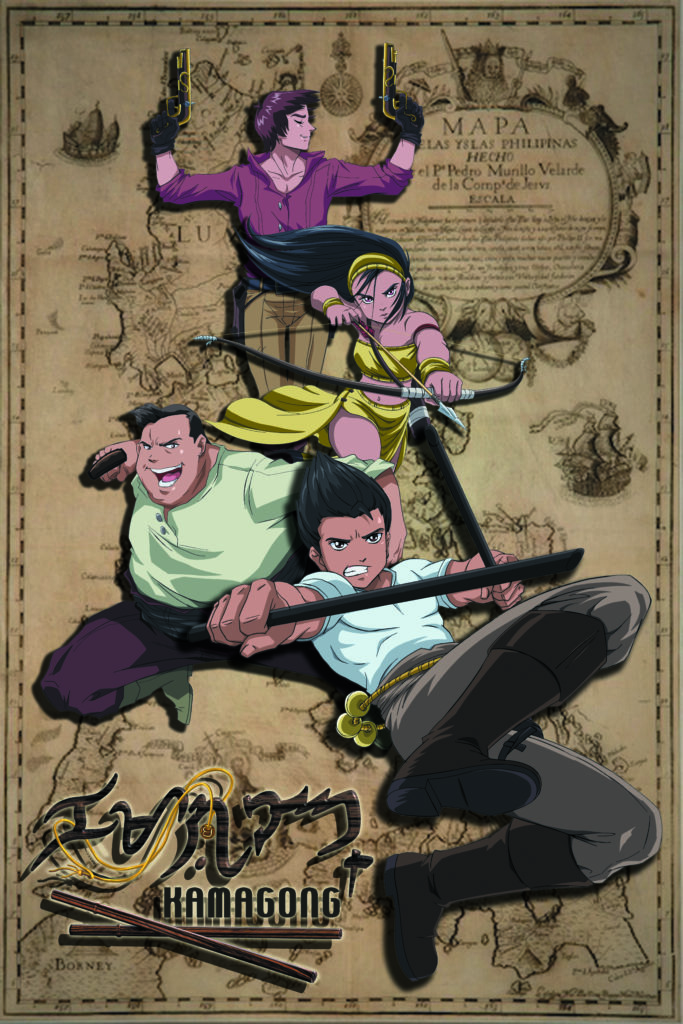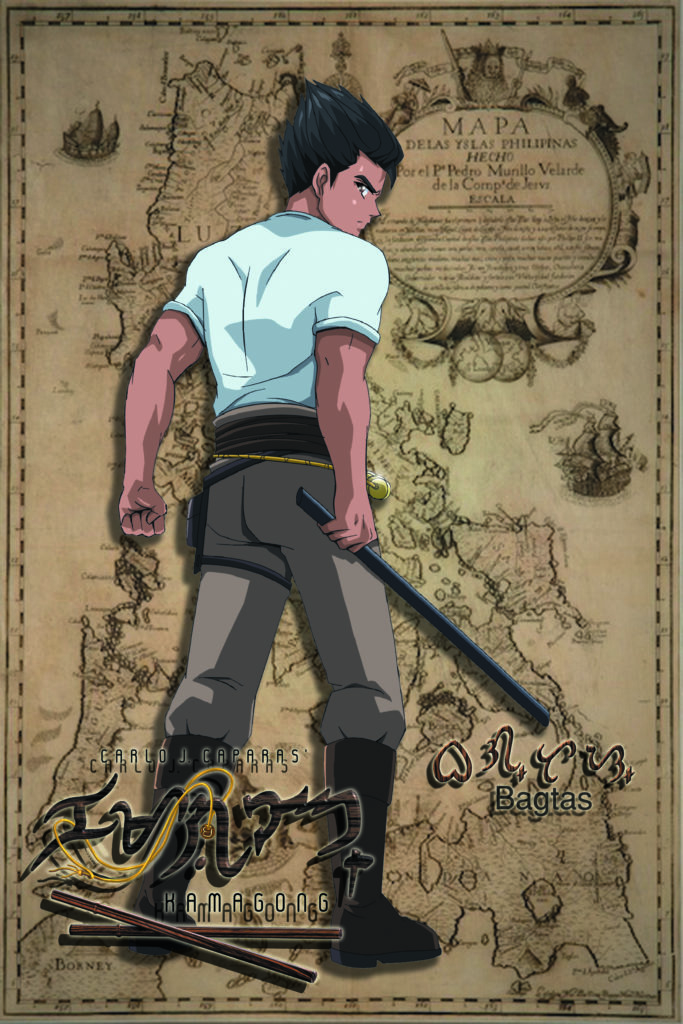Filipino-founded Sinag Animation Studios (SAS) is set to release an anime-styled series based on Kamagong, director Carlo J. Caparas’s comic series about the Filipino martial art of arnis, which was made into a motion picture in 1986.
Kamagong: The Animation is in production and there’s no definite release date yet, but SAS president and CEO Dex Villamin said that they are looking to release the anime series in 2019.
The original Kamagong was shown in theaters in 1986. It starred Lito Lapid and JC Bonnin and was written and directed by Carlo J. Caparas. Kamagong: The Animation, on the other hand, is penned by Christian Mark Vidallo, Crisanto King Cortez, and Dex Villamin.
“Kamagong deserves its near-legendary status in Philippine cinema for making the nation aware of one of its greatest cultural treasures, the art of arnis,” Mr. Villamin said. “We at Sinag Animation Studios are proud to introduce Mr.
Caparas’s work to a new generation of Filipinos.”
The animated series follows the story of protagonist Bagtas, the heir to Namayan, a kingdom enslaved by a foreign empire. His goal is to find the eight bulawans of Bathala to unleash the true power of the titular weapon Kamagong.
In Toycon 2018 in Pasay City, SAS has announced three other characters to aid Bagtas in his journey: Kinari, a female guardian of Amang Puno, the source of origin of Arnis Kamagong; Bagsay, a gunslinger who returned to his homeland to avenge his family; and Otto, a fighter who uses his inhuman strength against Namayan’s enemies.
Mr. Villamin said that apart from featuring the Philippines’ own martial art and national sport, the animated series may benefit local tourism as Bagtas’s quests take him to different locations around the country.
Teddy Corpuz of Rocksteady performs his own version of JC Bonnin’s “Ako’y Magwawagi”, the soundtrack from the 1986 film.
Arnis, also known as eskrima or kali, is a weapon-based martial art practiced in the Philippines.
Its exact origin remains unknown, but not a few arnis practitioners attribute its creation to pre-Hispanic Filipinos, particularly Mactan’s hero-chieftain, Lapu-Lapu.
In 2007, authors Celestino Macachor and Dr. Ned Nepangue argued against these claims in their book Cebuano Eskrima: Beyond the Myth. The book put forward a new hypothesis based on surviving evidence: that the Filipino martial arts was developed during the Spanish period by the local militia against Moro pirates and slave traders.
Regardless of the ongoing debate on its origins, the art continues to enjoy a following among martial artists, military forces and law enforcement agencies around the world, and Hollywood.






